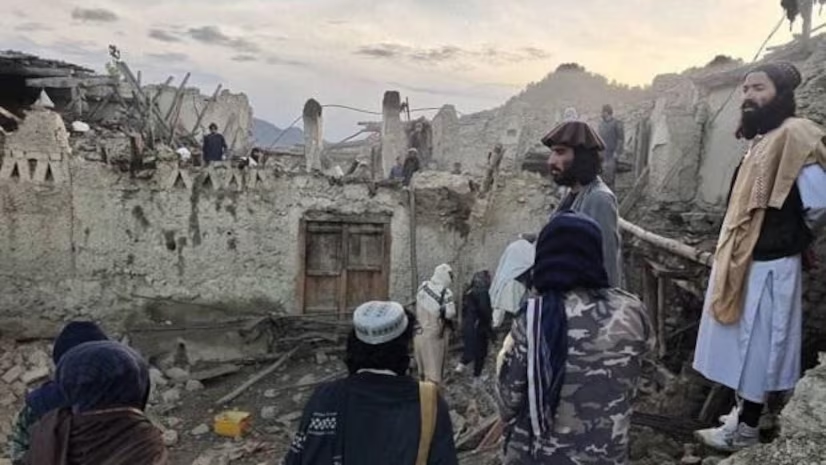A United Nations (UN) report has raised concerns about Afghanistan security threats, emphasizing the presence of over two dozen terrorist groups in the country. The 35th report of the UN’s 1267 Sanctions Committee Monitoring Team highlights that ISIL-K poses the biggest threat to the region. The group’s violent activities target the Taliban, ethnic minorities, foreign nationals, and international representatives.
The report underscores ISIL-K’s ability to launch high-impact attacks, including the assassination of Khalil Ahmed Haqqani, the acting Minister of Refugees & Repatriation. This attack raises questions about the Taliban’s failure to counter the terrorist group. Despite the Taliban’s crackdowns, ISIL-K continues to recruit ethnic Tajiks and strengthen its foothold in northern Afghanistan. The group has also set up training camps led by Arab instructors in Kunar and Nuristan while expanding its influence into Central Asia, Iran, and Russia.
Al-Qaida’s Influence in Afghanistan
The UN report highlights the ongoing presence of Al-Qaida in Afghanistan, indicating that the Taliban has allowed the group to operate freely. The extremist network has placed leaders across Kabul, rural provinces, and training compounds. Intelligence suggests that Sayf al-Adl, a senior Al-Qaida figure, is reactivating sleeper cells in Iraq, Syria, Libya, and Europe. This move signals Al-Qaida’s long-term ambitions to launch external attacks.
TTP’s Rising Threat to Pakistan
Another Afghanistan security threat is the Tehrik-e-Taliban Pakistan (TTP), which has increased its attacks on Pakistan. The report states that the Taliban provides logistical and financial support to TTP. The group has strengthened its recruitment and training programs, forming deeper ties with Al-Qaida and Afghan Taliban factions.
Other Terrorist Groups Expanding Operations
Several other extremist groups operate across Afghanistan, with ETIM/TIP, the Islamic Movement of Uzbekistan, and Jamaat Ansarullah playing key roles in strengthening terrorist networks, particularly in northern regions. ISIL-K has attempted to recruit fighters from these groups by offering financial incentives. Meanwhile, the Balochistan Liberation Army’s (BLA) Majeed Brigade has carried out high-casualty attacks in southern Pakistan, maintaining operational links with ISIL-K and other extremist factions.
Taliban’s Role in Facilitating Extremism
The report raises serious concerns about the Taliban’s involvement in facilitating terrorism. It reveals that the Taliban has issued legal travel documents to Al-Qaida-linked fighters, potentially enabling their infiltration into neighboring countries.
A Growing Security Crisis
The report concludes that terrorist networks in Afghanistan remain interconnected, with access to weapons left behind by the former Afghan National Army. These groups continue to operate freely under Taliban rule, escalating Afghanistan security threats and endangering regional stability.


